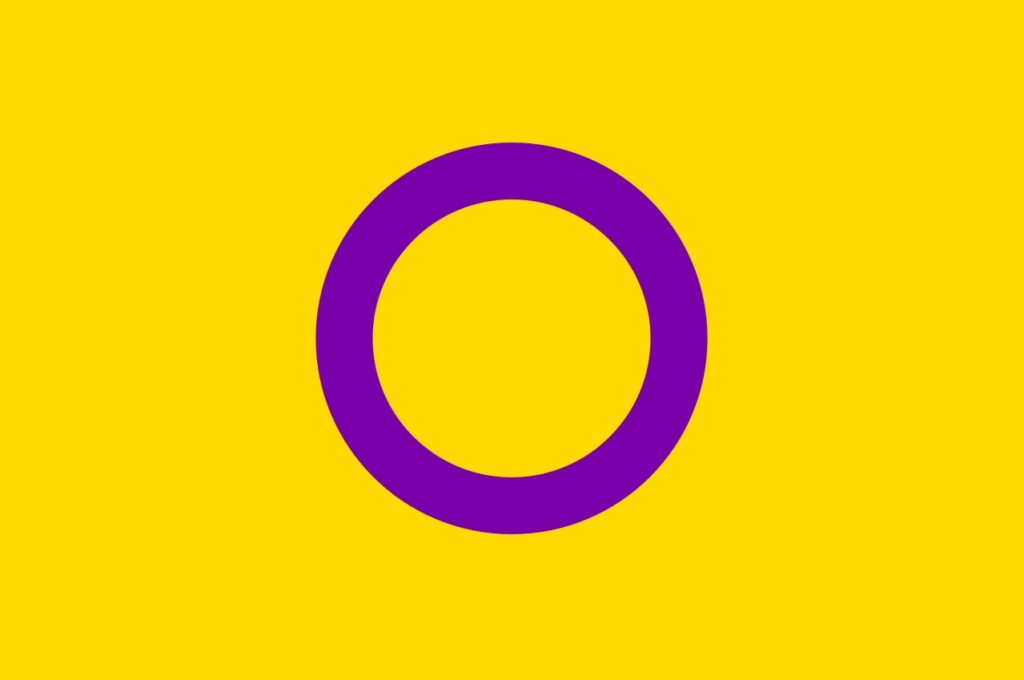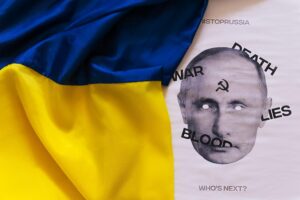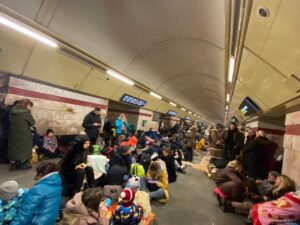Intersexuality: The African Context and Struggle

Sexual and reproductive health education is often an extremely taboo matter in a lot of African countries like Kenya, Uganda and South Africa. Sexual orientation, gender identity and even biological sex and reproductive health are generally very delicate topics that people living in these societies avoid. The focus of this article is on the struggles and experiences of intersex people in Africa.
The term intersex was coined in the 1940s by the German-American genecist Richard Goldschmidt. It is an umbrella term used to cover at least 30 genetic sexual variations. These variants can be genital, hormonal, morphological or genetic. Some of these variants are visible, others are not. Intersexuality is a spectrum beyond the typical binary system of male/ female that we are accustomed to. Some people with these variations identify as intersex, non-binary or simply the gender that hey feel the most comfortable indentifying with.
The African cultural experience :
Mothers of intersex babies in East Africa are accused of witchcraft. It is seen as a curse on the whole family. Families of babies with visible intersex variants are usually shunned and ostracized from their communities. These intersex babies are at high risk of infanticide and abandonment. So much shaming and bullying is involved in case the babies managed to survive. Some midwives or doctors who find themselves in a situation with an intersex baby will attempt to assign a gender to it by mutilating its genitals without the consent of the child’s parent or at times even without their knowledge.
There were even instances of non-consensual sterilization. This was pointed out as a main concern in the Human Rights Watch report to the South Africa Department of Home Affairs:
“Children who are born with atypical sex characteristics are often subject to irreversible sex assignment, involuntary sterilization, involuntary genital normalizing surgery, performed without their informed consent, or that of their parents, “in an attempt to fix their sex,” leaving them with permanent, irreversible infertility and causing severe mental suffering.”
This non-consensual gender assignment will eventually cause further damage to the child and their families in the form of disorders such as gender dysphoria and body dysmorphia and other mental health issues. Gender dysphoria is a clinically significant distress or impairment related to a strong desire to be of another gender, which may include desire to change primary and/or secondary sex characteristics. Body Dysmorphia is a mental health condition where a person spends a lot of time worrying about flaws in their appearance. Luckily, these kinds of practices and attitudes are changing and younger parents are more aware and willing to fight for the safety of their offspring.
Example in focus : African athlete Caster Semenya:
Caster Semenya is an intersex athlete who identifies as a woman. Her body naturally has higher testosterone levels than other cisgendered (denoting or relating to a person whose sense of personal identity and gender corresponds with their birth sex) athletes. The International Association of Athletics Federations (IAAF) requests from all female athletes to not surpass a certain blood testosterone level.
The IAAF wanted to force Semenya, a middle-distance runner gold medalist, to take medication to lower her testosterone level which she initially accepted but after a while, she refused to carry on taking it on the basis that it made her sick and that it can cause further health complications for the athlete.
Semenya eventually sued the Association regarding this regulation. On the grounds that these interventions are intrusive and they compromise the bodily autonomy of the people involved. She is being banned from future championships for the simple reason that her morphological, genetic and hormonal makeup are different from that of her cisgendered counterparts.
Human rights and intersex activism :
LGBTQI + communities are already quite underground and rare in African countries. Coming out about your gender identity is a huge challenge and can put one’s life in danger. Finding a trustworthy circle of people can also be extremely hard but it is the only way to navigate through such struggles. Even in Queer-friendly and LGBTQI+ safe spaces intersex stories are not often acknowledged; this part of the community is mostly forgotten, misunderstood or simply confused with transgender folks or genderfluid people.
This is where an organization like the African Intersex Movement comes forward and bridges the gap. The main focus of the movement is to put an end to the legalized and normalized abuse and mutilation that is taking place. The organization is defying the religious and traditional norms and asserting the bodily autonomy of intersex people. It is fighting for their rights to be legally de-pathologized and acknowledged. They are seeking to put an end to non-consensual sterilization and infanticide.
The journey to destigmatize intersexuality starts with education. The movement is doing its best to raise awareness in their communities. They are actively lobbying to incorporate intersex education in the curriculum of healthcare providers and specialists who would be dealing with intersex babies. Having adequately trained professionals will ensure the medical and mental well-being of intersex babies. The movement also works on making the process of amending one’s birth certificate feasible through following a simple administrative procedure. The mission of the movement includes many other points including the establishment of anti-discrimination laws and providing safe living spaces as well as counseling to intersex individuals and their families.
South Africa was the first African country to openly include intersex people in its anti-discrimination law. Kenya also made a very important step forward by giving intersex folks the opportunity to identify as such in their national census and allowing them to amend their birth certificate and other legal documents.
The intersectional fight for all members of the LGBTQI+ community is an ongoing matter that always needs to be highlighted and talked about. We can only fight ignorance and hatred with knowledge, love and compassion. Educating ourselves and our entourage about “unfamiliar ideas and identities” is the right way to dismantle prejudice and dogmatic beliefs, which in turn makes us more open, inclusive and tolerant towards others.


